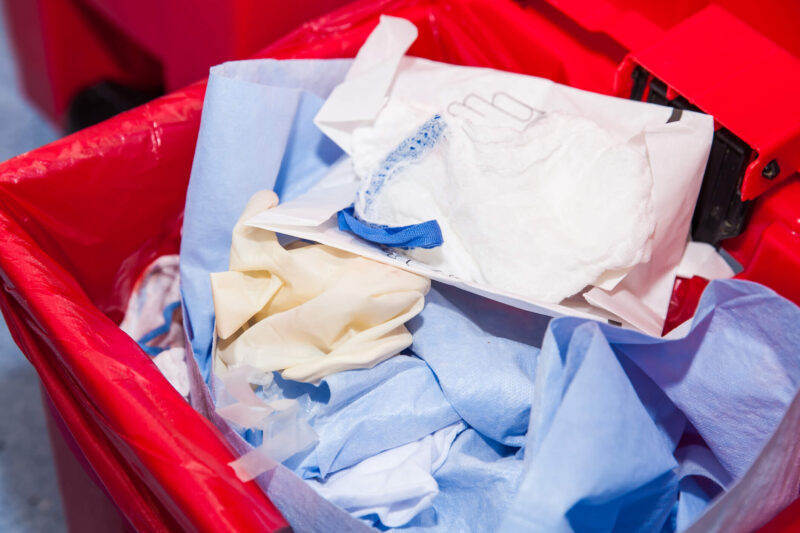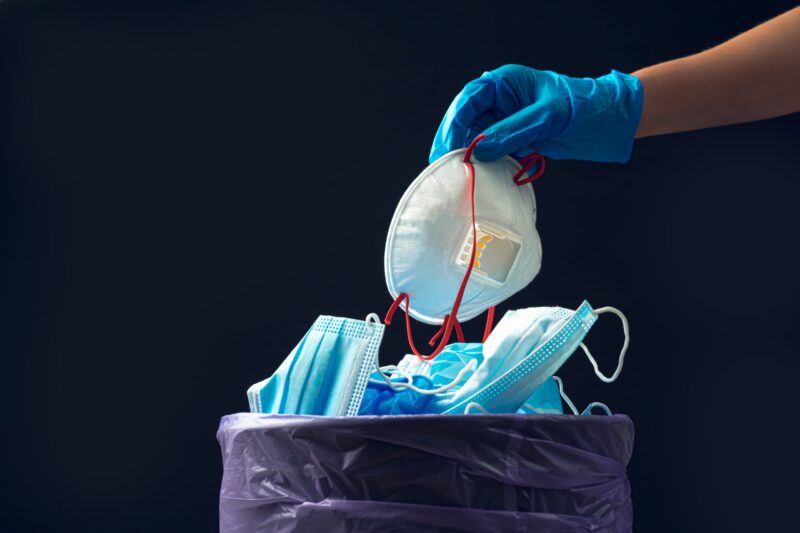Pathological waste, a distinct classification within biomedical refuse, comprises excised tissues, anatomical structures, bodily organs, and biological fluids generated through surgical operations, post-mortem examinations, or clinical interventions. It requires strict handling and disposal procedures to prevent the spread of infectious diseases, ensure environmental safety, and comply with public health regulations. In Virginia, companies offering pathological waste removal services VA operate under federal and state guidelines, providing secure and compliant solutions to manage this sensitive waste stream.
Understanding Pathological Waste
Pathological waste typically arises from surgical procedures, research labs, veterinary services, and mortuaries. Its biological nature makes it potentially infectious and biohazardous, thus requiring incineration or other advanced treatment methods for proper disposal. The U.S. Environmental Protection Agency (EPA) and the Virginia Department of Environmental Quality (DEQ) impose regulations on the transport, treatment, and disposal to protect human health and the environment.

Who Requires Pathological Waste Disposal?
A variety of institutions generate and require pathological waste disposal services. These include:
-
Hospitals and Surgical Centers
These are the largest generators of pathological waste. Human tissues and organs removed during surgeries, biopsies, and amputations fall into this category. Hospitals must adhere to stringent protocols to ensure the waste is stored, labeled, and transported correctly for incineration or alternative treatment.
-
Clinical Laboratories
Labs conducting diagnostic tests or medical research on human or animal specimens also produce pathological waste. These facilities must separate pathological materials from general laboratory waste to meet legal disposal requirements.
-
Veterinary Clinics and Animal Hospitals
Animals undergoing surgeries, autopsies, or treatments can also generate pathological waste. Veterinary clinics must partner with certified waste disposal providers to ensure safe and legal handling.
-
Funeral Homes and Mortuaries
Although less common, these facilities may need pathological waste services during embalming or autopsy-related procedures. Any removed tissues or fluids must be managed through proper channels.
-
Universities and Research Institutions
Academic settings engaged in medical or veterinary research often deal with cadavers or tissue samples. These institutions require licensed disposal services to meet ethical and regulatory standards.
Regulatory Framework in Virginia
Virginia follows federal standards set by OSHA, the EPA, and the Department of Transportation (DOT), alongside state-specific rules. The Virginia DEQ mandates that all pathological waste must be managed to minimize exposure and environmental impact. This includes requirements for containment, labeling, storage duration, and transportation. Facilities must maintain documentation for all waste handled, ensuring traceability and accountability throughout the disposal process.
Disposal Methods and Environmental Considerations
The primary method of pathological waste disposal is incineration, which ensures the destruction of biological material. However, modern technologies such as alkaline hydrolysis and plasma arc treatment are emerging alternatives due to their lower environmental impact. Companies involved in pathological waste removal in Virginia must balance public health priorities with sustainability and technological advancement.
Challenges in Pathological Waste Management
Transporting biological waste safely, preventing contamination, and protecting workers require specialized equipment and trained personnel. Moreover, adhering to an intricate framework of regulations necessitates unwavering supervision and meticulous standards of quality assurance.
Final Thoughts
Pathological waste disposal is an essential public health service that ensures the safe management of biologically hazardous materials. As medical, veterinary, and research practices continue to evolve, so does the need for specialized waste disposal solutions. Institutions must collaborate with certified providers that understand local laws, possess the necessary infrastructure, and can respond promptly to changing requirements. Choosing the right pathological waste removal services VA is not only a regulatory necessity but also a responsibility toward community health and environmental preservation.

